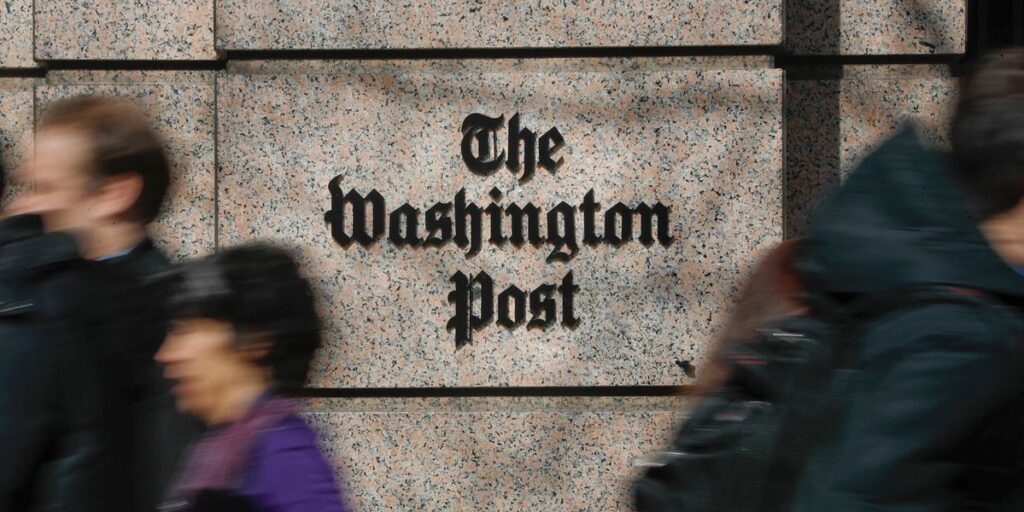In a notable shift for major media outlets, the Washington Post and Los Angeles Times have both announced their decisions to forgo presidential endorsements for the upcoming election cycle, marking a departure from historical practices. The implications of these shifts, driven largely by their ownership rather than editorial independence, have prompted significant backlash from within their respective newsrooms and the broader readership. Will Lewis, the publisher of the Washington Post, defended this decision as a return to the paper’s roots of not endorsing candidates prior to 1976. He claimed that the goal was to maintain independence, but many interpreted this as an evasion of responsibility and a manifestation of cowardice in the face of potential backlash from Donald Trump, who seems poised to run in the election.
The decision by the Washington Post was mirrored by a similar announcement from Patrick Soon-Shiong, owner of the Los Angeles Times, causing quite a stir. He remarked that the Editorial Board had been offered the chance to inform readers about candidates’ policies but ultimately chose to remain silent. The rationale provided by both leaders lacked substantiation, provoking skepticism and raising questions about the underlying motivations for such choices. Reports surfaced that both the Washington Post and Los Angeles Times had prepared endorsements that were ultimately blocked by their owners, creating an internal crisis that led to resignations from key editorial staff. These actions highlighted a growing tension between editorial autonomy and corporate interests, with possessors prioritizing their commercial affiliations over journalistic integrity.
The fallout from these decisions has been considerable, especially at the Washington Post, where NPR media correspondent David Folkenflik reported that the editorial board had anticipated endorsing Vice President Kamala Harris, only for that endorsement to be quashed after review by Jeff Bezos, the billionaire owner. Another resignation from the Los Angeles Times came from editorials editor Mariel Garza, who publicly criticized Soon-Shiong for his unilateral decision to veto a candidate endorsement, asserting that his actions were hypocritical. Many journalists see these developments as symptomatic of a broader issue where corporate ownership can compromise the integrity and independence of news organizations, leading to a loss of trust from both employees and the public.
Former Washington Post executive editor Martin Baron condemned the resulting non-endorsement as an act of cowardice that could embolden Trump should he return to the presidency. His comments underscored the sentiment that these non-endorsements are not merely about maintaining neutrality but rather self-censorship in preparation for a potentially hostile political environment. The decisions reflect a culture of fear within these institutions that prioritizes protection against backlash from powerful political figures like Trump, which Baron argues could jeopardize democratic ideals and principles of accountability.
The negative reaction from readers has been palpable, with many expressing feelings of betrayal toward the publications for reversing long-held practices of editorial endorsement. Reports have indicated that the Washington Post’s employees, including its technology team, were tasked with moderating public discourse around this controversial decision, reflecting widespread dissatisfaction among their audience. This severance from journalistic traditions has elicited critiques that suggest a concerning trend toward appeasing political figures rather than holding them accountable, potentially compromising the integrity of democratic processes.
Critically, this shift signals a dangerous precedent for media practice, suggesting that wealthy owners are shaping the political narratives of their publications to protect their commercial interests. The suppression of editorial endorsements could indicate a future where media organizations are less willing to challenge political power, especially in the face of another potential Trump presidency. As the political landscape continues to evolve, it is imperative that both journalists and the public advocate for more equitable models of media ownership that foster independent reporting rather than exacerbating vulnerable corporate interests, ensuring that news remains a trusted arbiter in the political discourse.

